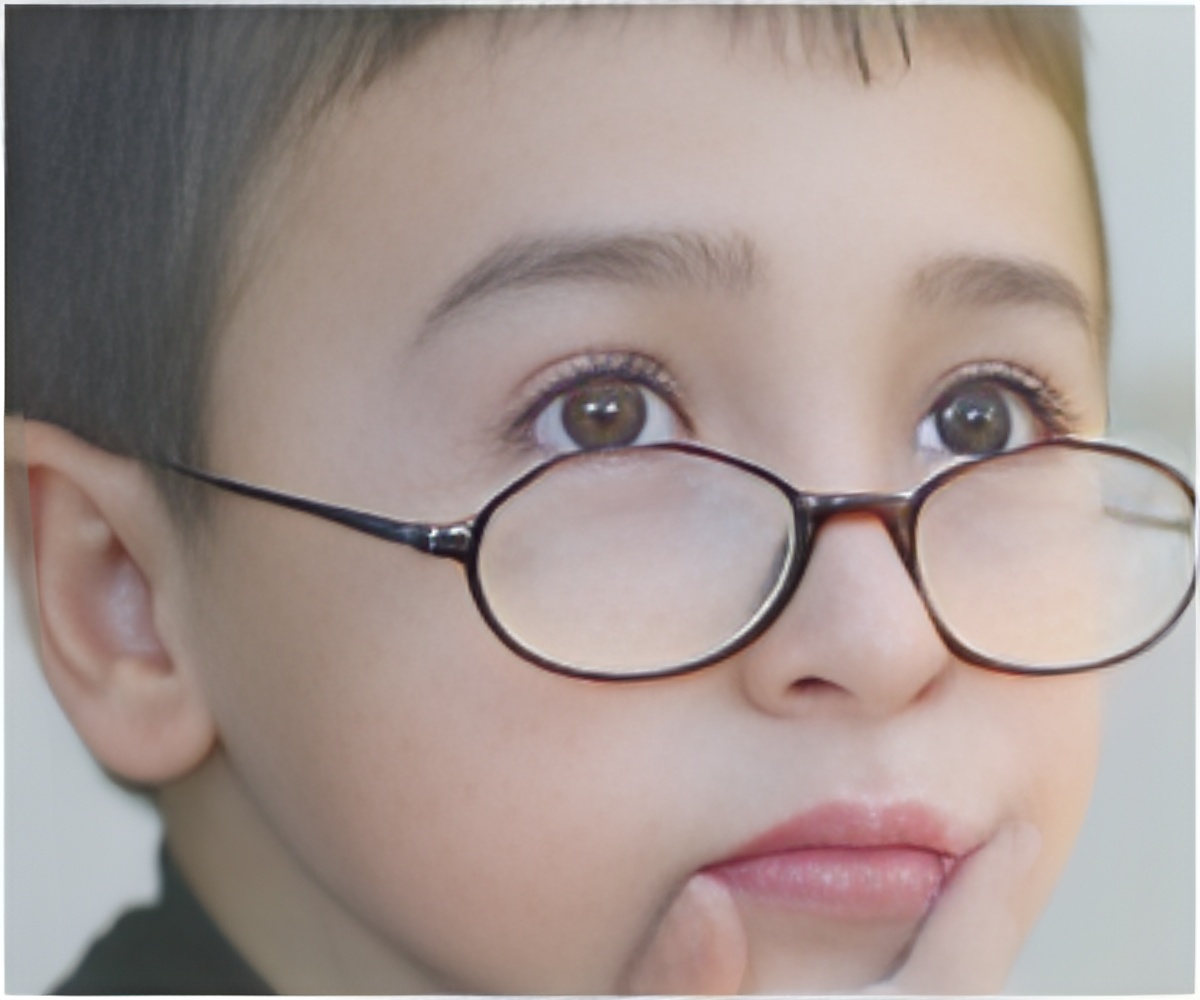Study highlights the recent advances made in the scientific understanding of bitter taste and has paid special attention to the sensory world of children.

Written by an interdisciplinary team of leading taste scientists from the Monell Chemical Senses Center, Florida State University, and the University of Washington, the paper focuses on applying this knowledge to improve drug acceptance and compliance in pediatric populations.
Several biological factors highlight the importance of understanding bitter taste to the successful formulation of pediatric medications. Bitter taste is thought to have evolved as a protection against toxins, as many poisons taste bitter. Because of this, it is very difficult to disguise or mask bitterness.
Compounding this problem is the fact that children, who are especially sensitive to bitterness, cannot swallow pills or tablets, which encapsulate bitterness in adult formulations.
The state-of-the-science review summarizes current knowledge on how bitter taste works from a biological perspective. In addition, the paper provides a comprehensive overview of methods used to assess taste responses in children. The authors point out critical gaps in the existing understanding of how best to measure bitterness in children, whose cognitive and perceptual abilities differ from those of adults.
"The problems associated with pediatric drug formulations are enormous and can hinder optimal therapeutic outcomes," said lead author Julie Mennella, PhD, a developmental psychobiologist at Monell. "Both the complexity of bitter taste and the unique sensory world of children contribute to this critical issue."
Advertisement
Source-Eurekalert








